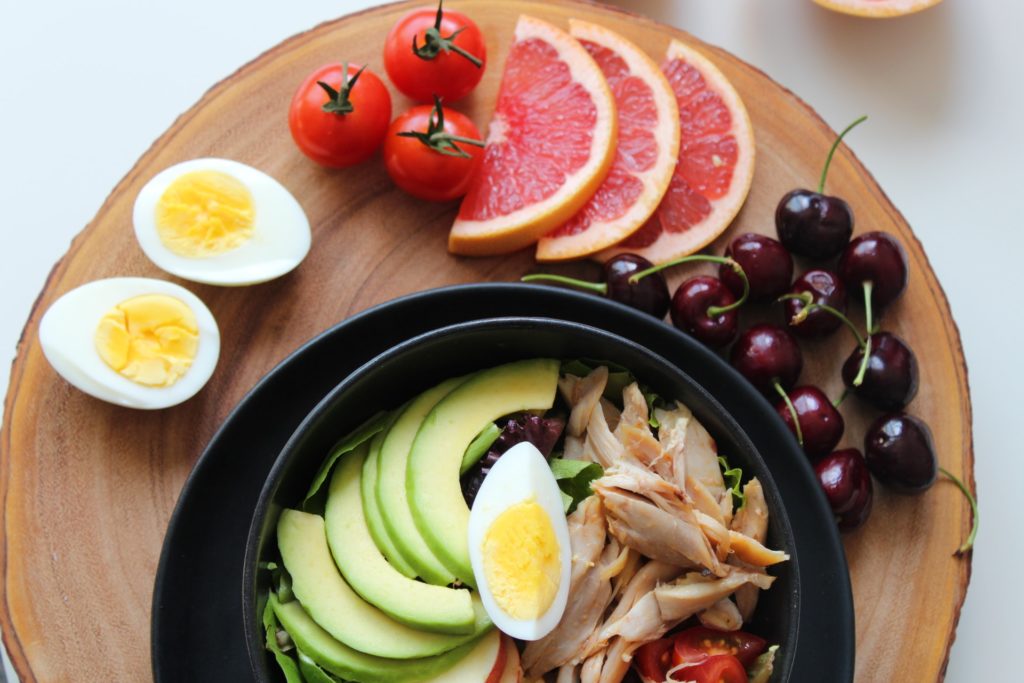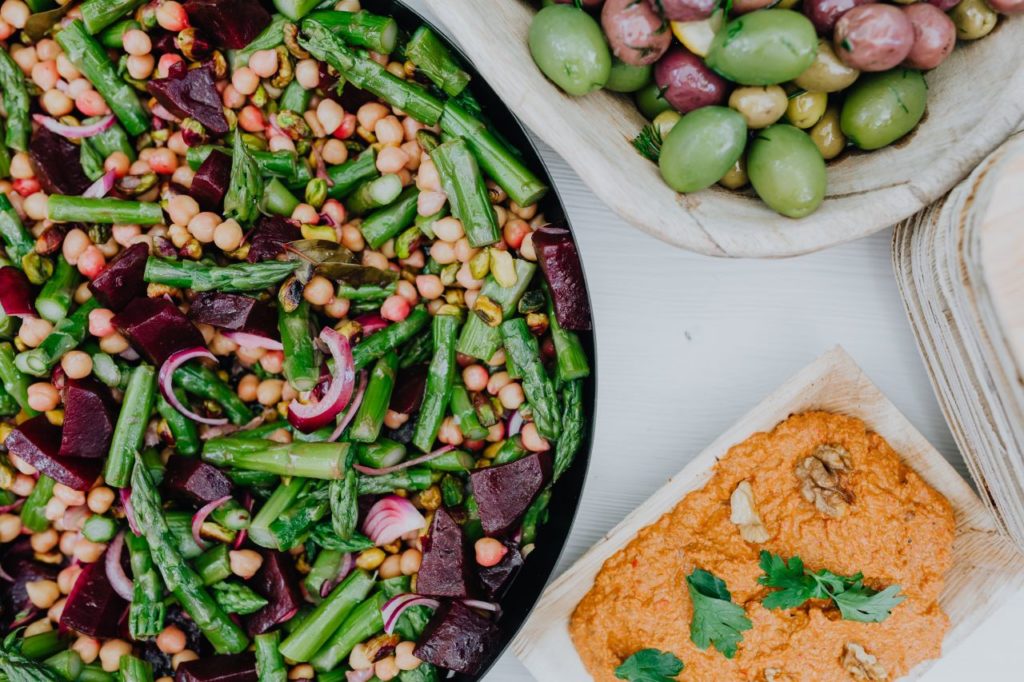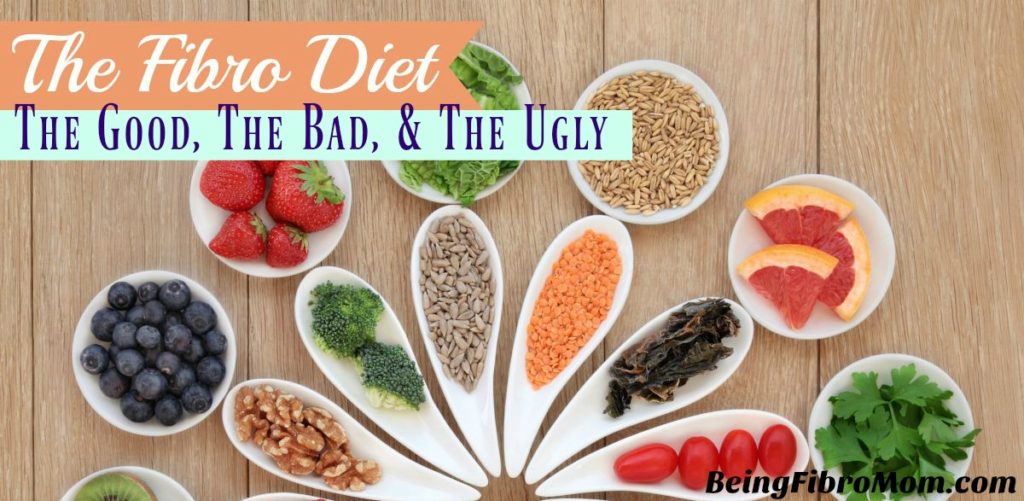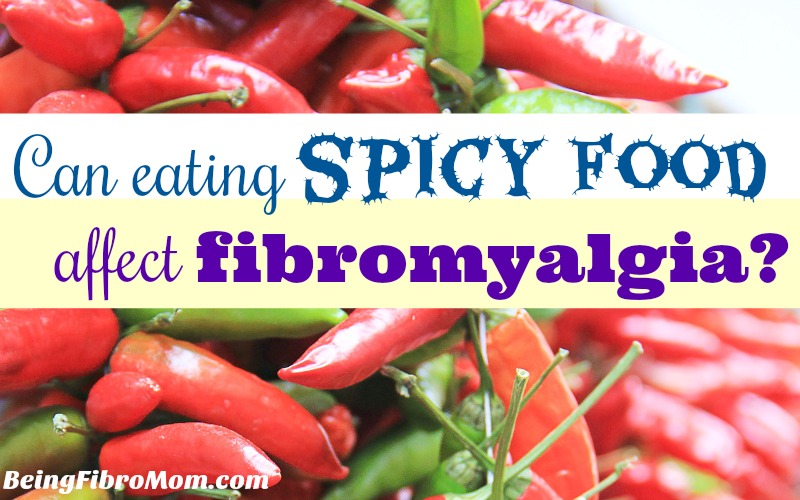Whether you’re cooking yourself up a meal soon or just want to be a healthier person, vitamins and minerals are incredibly important. Most people take them in the form of pills because their diet just doesn’t give them enough, but if you eat the right meals and plan your nutrition carefully, you could save plenty of money by avoiding unnecessary dietary supplements. In this article, we’re going to be talking about some of the essential vitamins and minerals that your body needs to be healthy, and we’re also going to list a couple of foods that are fantastic for those vitamins and minerals.

Why certain vitamins are important when living with a #chronicillness. #fibromyalgia #guthealth Share on X
What vitamins do I really need and Why?
Vitamin A
One of the most important vitamins to get into your body. It’s essential for growth (making it great for babies and children) and can improve your overall skin complexion. It’s also fantastic to keep your teeth healthy! Vitamin A is also great to help you improve your vision in dim light and provides you with better defence against illnesses and infections.
Vitamin A can usually be found in carrots and other orange foods. This includes sweet potatoes, cantaloupe melons, mangos and also apricots. You can also get vitamin A from liver and liver products, but keep in mind that these contain high amounts of vitamin A, so it’s a good idea to limit how much of it you eat. It’s recommended that you take around 0.6mg to 0.7mg of vitamin A each day, and this is easy to achieve through your diet.

B Vitamins
There are many different types of B-complex vitamins. They have many different complicated names and they all help you in different ways. Below, we’ve listed the many B vitamins and how they can help your body.
- Thiamin (B1) – For keeping your nervous system healthy. Found in eggs, fresh and dried fruit and peas.
- Riboflavin (B2) – Keeping skin and eyes healthy. Found in milk, eggs and rice.
- Niacin (B3) – For releasing energy from foods we eat. Found in meat, fish and eggs.
- Pantothenic Acid – Many functions, such as releasing energy from food. Found in kidney, eggs and broccoli.
- Pyridoxine (B6) – Helps red blood cells carry oxygen around our body. Found in pork, poultry and fish.
- Biotin (B7) – Helps our body break down fat. Lives naturally in our bowel and we get small amounts from many different foods.
- Folic Acid (Folate) – Helps form healthy red blood cells. Found in broccoli, peas and spinach.
- Vitamin B12 – Releasing energy from food and making red blood cells. Found in meat, salmon, eggs.
Due to so many B vitamins existing, we often get all the B vitamins we need from simply eating a healthy diet. This includes a good mix of different vegetables, carbs and proteins. This is relatively easy to achieve in our diets, so unless you avoid eating meat or certain proteins, you’ll get enough B vitamins from a balanced diet.
Vitamin C
One of the most well-known vitamins is vitamin C. It’s also known as ascorbic acid and contains many important functions that everyone relies on. For instance, it helps to protect our cells and keep them healthy, it assists in the healing of wounds and it can also help us maintain healthy skin and bones. Lacking vitamin C leads to a condition known as scurvy, which is characterized by weakness, gingivitis and skin haemorrhages.
We can find vitamin C in sources such as oranges, broccoli, strawberries and also potatoes. It’s found in a large number of different fruits and vegetables and is commonly taken in vitamin tablet form. Unlike some other vitamins, vitamin C isn’t stored in the body so you’ll need a bit of it every day. This is easy to achieve if you drink a glass of orange juice each day, or have a balanced variety of vegetables in your meals.

Vitamin D
Vitamin D is essential for keeping our bones, teeth and muscles healthy. Surprisingly, vitamin D can be absorbed from sunlight. The body naturally creates vitamin D when the skin is in direct contact with sunlight. This means that during summer months, you often get enough just by being outside!
However, if you don’t head out much or it’s currently a darker and colder season, then you can get more vitamin D from oily fish like salmon and tuna. Vitamin D also comes from egg yolks, red meat and certain fortified foods like breakfast cereals. In certain places, cow’s milk is fortified and can be a great source of vitamin D as well.
Vitamin E
Vitamin E is essential for maintaining healthy skin and eyes, and it also helps to bolster your immune system.
You’ll usually find vitamin E in sources like plant oils (soya and olive oil) and also nuts and seeds. Snacking on a couple of nuts each day is an easy way to get all the vitamin E that you need. Vitamin E is also stored in your body which means that you don’t have to have it in your diet every day, but it can be easy to forget.

Vitamin K
Vitamin K is essential to help your wounds heal properly because it helps with blood clotting. This process is known as blood coagulation and is one of vitamin K’s primary benefits.
You’ll find all the vitamin K you need from green leafy vegetables like kale, spinach and Brussel sprouts. Vegetable oils are also a good source of vitamin K, and you’ll even find them in cereal grains (but always try to avoid sugary cereals!). You can even find a small amount in meat and dairy foods, making it easy to get into your body with a balanced diet.
Hopefully, this article has given you a good idea of how to balance your diet to get the most vitamins from your food. Many people rely on supplements to get their daily recommended intake, but with a healthy balanced diet, you don’t need to shell out money for expensive supplements at all.
Related Articles



